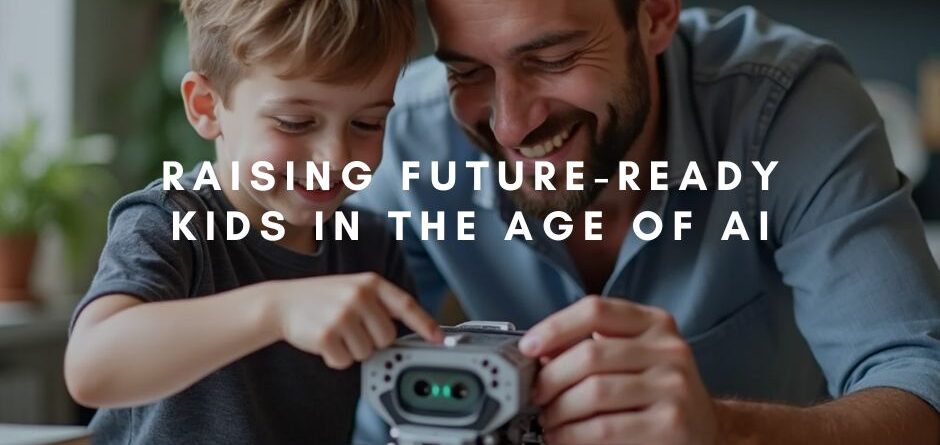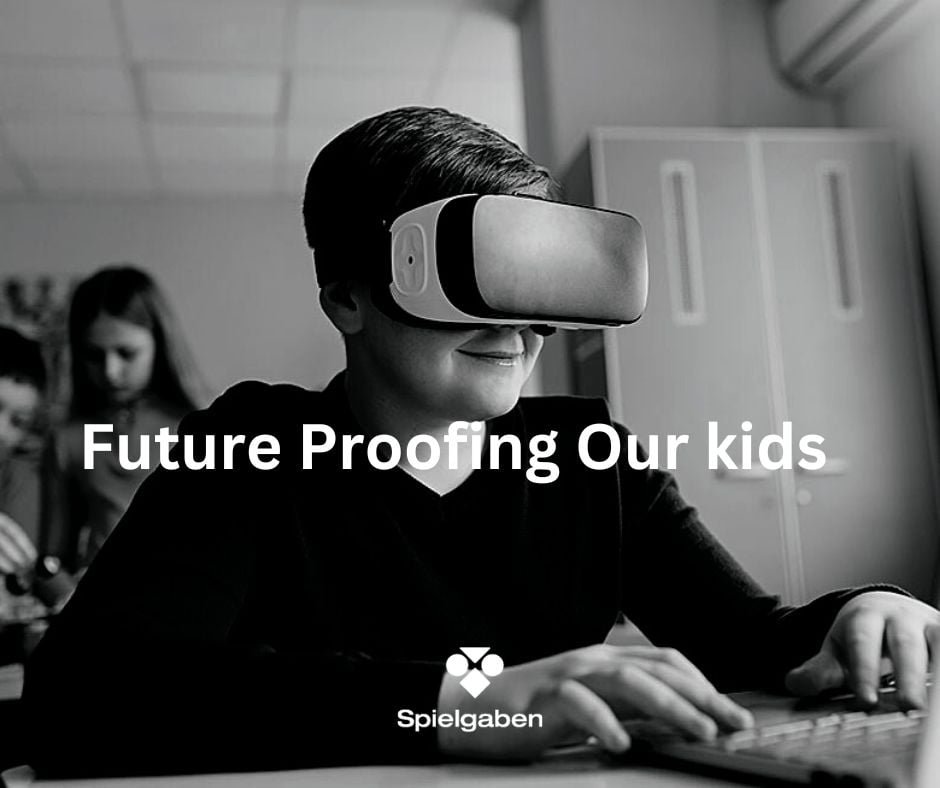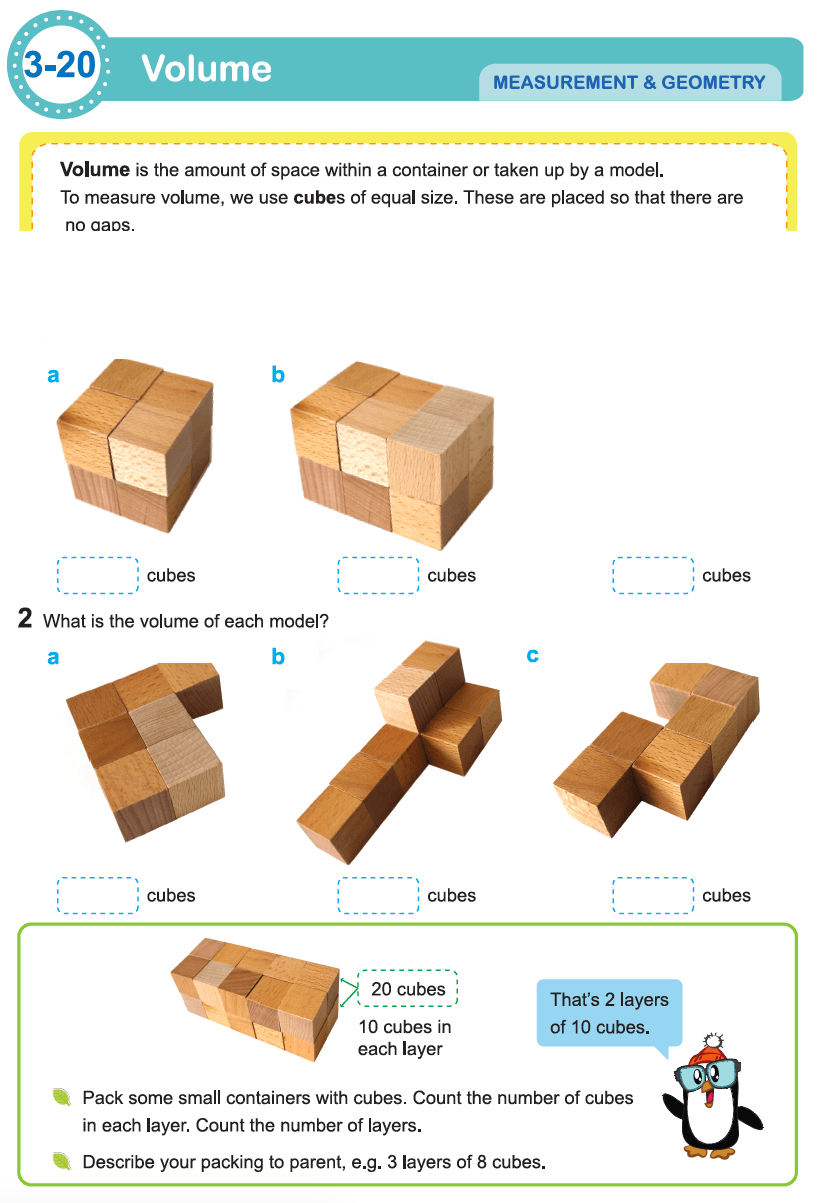Raising Future-Ready Kids in the Age of AI: A Parent’s Survival Guide
Key Takeaways
- Human skills trump technical ones: In an AI-driven future, emotional intelligence, creativity, and critical thinking will be more valuable than specific technical skills that may become automated.
- Balance is essential: Neither banning technology nor surrendering to it serves children well. Teaching intentional, ethical tech use prepares kids for a healthy relationship with digital tools.
- Adaptability matters most: The jobs of tomorrow may not exist today. Children who are comfortable with change and continuous learning will thrive regardless of technological shifts.
- Ethics conversations start now: Discussing the values that should guide technology use helps children become thoughtful shapers of our technological future, not just passive consumers.
- Model what you value: Children learn more from watching how you interact with technology than from what you tell them about it. Demonstrate healthy boundaries and intentional use.
Remember when your biggest parenting challenge was convincing your toddler that socks aren’t actually evil foot prisons? Well, buckle up, because today’s parents face a whole new frontier: preparing children for a world where humans and machines are increasingly intertwined dance partners.
As artificial intelligence advances at breakneck speed, many parents find themselves wondering: Will robots replace my child’s future job? Should I be teaching my five-year-old to code between nap time and snack time? And most importantly, why does my smart speaker understand my mumbling better than my teenager does?
The New Reality: Humans, Machines, and AI
The world our children will inherit looks drastically different from the one we grew up in. Self-driving cars are no longer science fiction, facial recognition unlocks our phones, and virtual assistants manage our calendars with eerie efficiency.
But here’s the good news that might help you sleep better at night (at least until your toddler wakes you at 3 AM): This technological revolution is more likely to enhance human potential than replace it.
History tells us something reassuring: humans have always created tools to improve our lives. From prehistoric firestones that warmed caves and brought communities together to the modern smartphone that lets your kid FaceTime with Grandma across the country, technology has consistently made us more efficient and connected.
The Job Market of Tomorrow: Not Quite Robot Apocalypse
If you’ve been losing sleep over headlines proclaiming “THE ROBOTS ARE COMING FOR OUR JOBS!” you can breathe a little easier. While automation will certainly transform the employment landscape, it’s not quite the job apocalypse that sci-fi movies have prepared us for.
Most AI applications today are extremely narrow in focus—think noise-canceling headphones or facial recognition to unlock your phone. Rather than replacing entire careers, automation typically takes over specific repetitive tasks. Your child won’t compete against C-3PO for a job; they’ll collaborate with targeted technologies that handle the boring stuff.
That said, research from the Brookings Institution suggests about 36 million U.S. jobs are highly susceptible to automation—primarily roles involving repetitive tasks. But here’s the flip side: The World Economic Forum estimates automation will create approximately 133 million new jobs between 2019 and 2022.
“But what about MY child?” you ask, while frantically Googling “teaching Python to preschoolers.”
Preparing Your Child (Without Losing Your Mind)
The skills that will serve your children best in this brave new world aren’t necessarily what you might expect. Yes, STEM education matters, but what truly makes humans irreplaceable is our humanity itself.
1. Nurture Emotional Intelligence
Remember when your five-year-old somehow sensed you needed a hug after that tough work call? Machines can’t do that. Emotional intelligence will be among the top 10 most demanded skills by employers by 2025, according to OECD research.
Practical Tip: Create regular family discussion times where feelings are validated and explored. When watching shows together, pause occasionally to ask, “How do you think that character feels right now? What makes you think that?”
Humor Break: My six-year-old recently told me, “Dad, I think you’re sad because your eyebrows are doing that squinchy thing.” AI might write my emails someday, but it’ll never detect my “squinchy eyebrows” with such precision.
2. Encourage Creative Problem-Solving
Algorithms excel at finding solutions within defined parameters, but they struggle with the kind of lateral thinking that sparks innovation.
Practical Tip: Try “what if” scenarios with your kids. “What if shoes could talk? What problems might that solve? What new problems might it create?” Encourage wild ideas before narrowing down to practical solutions.
Humor Break: When I asked my daughter what problem she’d like to solve, she seriously proposed “inventing tiny robots that eat Brussels sprouts off my plate without Mom noticing.” Not exactly world-changing, but definitely creative problem-solving!
3. Develop Critical Thinking
In a world of deepfakes and AI-generated content, discernment will be more valuable than ever.
Practical Tip: When your child shares information, gently ask, “How do you know that’s true? Where did you learn it? Could we find another source?” Make this a collaborative investigation rather than an interrogation.
Humor Break: My son once confidently informed me that “sharks are just angry dolphins.” This led to a great lesson in fact-checking—and a mental image I still can’t shake.
4. Foster Adaptability
The jobs of tomorrow may not even exist today. Our children need to be comfortable with continuous learning and reinvention.
Practical Tip: Expose kids to new experiences regularly. Try foods from different cultures, learn basic phrases in various languages, or explore different musical instruments. The goal isn’t mastery but comfort with the unfamiliar.
Humor Break: My attempt to learn TikTok dances with my tween daughter taught her two valuable lessons: adaptability is important, and parents will embarrass you no matter what century it is.
5. Emphasize Human Collaboration
While AI can crunch numbers and analyze patterns, humans excel at collaborative problem-solving that requires negotiation and compromise.
Practical Tip: Assign family projects that require working together—planning a vacation, rearranging furniture, or cooking a meal. Deliberately include moments where different preferences must be reconciled.
Humor Break: Our family’s attempt to collaboratively build a gingerbread house resulted in what my son called “a post-apocalyptic gingerbread village.” But the negotiations about where to put the gumdrop garden taught conflict resolution skills no robot will master anytime soon.
Tech Balance: Neither Luddite Nor Tech Zombie
As parents, we often swing between extremes: banning all screens or surrendering to the digital babysitter. Neither approach serves our children well.
Finding the Sweet Spot
Practical Tip: Create technology zones and tech-free zones in your home. Perhaps devices are welcome in the family room but not at the dinner table or in bedrooms. This teaches intentional technology use rather than constant consumption.
Humor Break: We implemented a “no phones during dinner” rule, and for the first week, my teenager exhibited withdrawal symptoms previously only seen in medical textbooks. Two months later, she admitted dinner conversations were actually “kind of interesting sometimes”—high praise indeed.
Teach Tech Ethics Early
Children who grow up with AI need to understand not just how to use it, but when and why they should—or shouldn’t.
Practical Tip: When using technology with your kids, talk through your decisions. “I’m asking the GPS for directions because it has information I don’t have. But I’m still going to look at the route it suggests and make sure it makes sense.”
Humor Break: After our smart speaker misinterpreted my request for “weather today” as “order feathers,” my daughter developed a healthy skepticism about blindly trusting AI. Silver linings!
The Long Game: Raising Humans in a Machine Age
The most important thing to remember is that we’re not raising future employees for Amazon or Google—we’re raising future humans who will shape how technology integrates into society.
Emphasize Values and Ethics
As AI capabilities grow, ethical considerations become increasingly important. Who gets to decide how algorithms make decisions? What values should be programmed into autonomous systems?
Practical Tip: Use age-appropriate scenarios to discuss ethics. “If a self-driving car has to choose between hitting a cyclist without a helmet or swerving and possibly hurting its passengers, what should it do? Why?”
Humor Break: When I posed this ethical dilemma to my nine-year-old, he suggested the car should “honk really loud so everyone jumps out of the way.” Sometimes the simplest solutions come from children!
Model Healthy Tech Relationships
Your children are watching how you interact with technology. Do you check your phone compulsively? Do you allow notifications to interrupt family time?
Practical Tip: Create a “tech sunset” ritual where devices are put away an hour before bedtime. This models healthy boundaries and improves everyone’s sleep.
Humor Break: The first night I implemented our tech sunset, my wife caught me sneaking peeks at my phone under the dinner table. My daughter now serves as our family’s “technology police,” issuing dramatic citations for violations. Nothing keeps you accountable like a seven-year-old with a homemade badge.
Conclusion: The Uniquely Human Advantage
Despite rapid technological advancement, the future belongs to those who can do what machines cannot: create, empathize, adapt, collaborate, and imagine. By nurturing these quintessentially human qualities in our children, we’re preparing them not just for the job market of tomorrow but for meaningful lives in a world where technology serves humanity—not the other way around.
So the next time your preschooler asks Alexa to tell jokes for an hour straight, or your teenager creates an algorithm to predict when you’ll say “because I said so,” remember: This generation’s comfort with technology isn’t a bug—it’s a feature. And with your guidance, they’ll navigate the human-machine partnership with wisdom, creativity, and yes, that irreplaceable human touch.
After all, no matter how advanced AI becomes, it will never experience the peculiar joy of stepping on a LEGO at 2 AM, the pride of watching your child master something they’ve struggled with, or the bittersweet realization that your little ones are growing up in a world of possibilities you never imagined. That’s the territory of parents—no algorithms required.













LEAVE A COMMENT